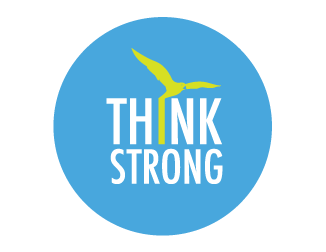Advances in research have raised many questions about chronic pain. Rather than focussing solely on changes in the body that may not be relevant to symptoms, more recent treatments consider a BioPsychoSocial approach. This includes biological changes related to pain, psychological factors and an individual’s social circumstances as shown in the picture below:
Using this approach we can create a better understanding of why pain continues and how to overcome it, leading to long term changes in symptoms. We want to give you the tools and knowledge to manage your pain and support you through the process. Research has previously identified a strong relationship linking pain with depression and anxiety, which can be more prevalent in the winter months. This can be exacerbated by ineffective coping such as pain anxiety and fear avoidance - not confronting what are the key issues. In particular, pain catastrophising (a tendency to magnify the pain experience) has been shown to play a part in the transition from acute to chronic issues. This can be particularly prevalent in people who worry, leading them to feel helpless when think about pain. Someone who has depressive tendencies may internalize with statements such as “It’s my fault” or “I will never get over this”.
So what is a possible way forward. Alongside the physical therapy you receive , Cognitive Behavioral Therapy (CBT) can be used for Chronic Pain. Taking an active approach to take control and reengage with activities thereby increasing functionality rather than decreasing pain intensity. It is tailored to each patient based on the results of the initial assessment, patient presentation and their specific-goals. The approach is broken down into various stages to meet the desired outcome, whether it be return to full functionality or achieving a greater performance.
The initial stage is psycho-educative with explanations of pain and setting of goals. There is also a discussion of acceptance versus control – for some patients becoming pain free maybe an elusive goal. For many who train and play sport on a regular basis, pain is just part of the process and it is the increase in functionality / performance that is the key issue. Activity scheduling is a key part where there is a reengaging with pleasant activities regardless of pain status, previously avoided due to fear of reinjury. This is in conjunction with cognitive restructuring to have a more positive approach that problems can be solved. The final stages involves physiological techniques to manage pain more successfully such as progressive muscle relaxation along with discussion of pain and social dynamics. This involves an investigation into how your injury is discussed by yourself / others and how this can be possibly reframed.
If you feel this approach can help, contact me for a free 15 minute phone consultation.


